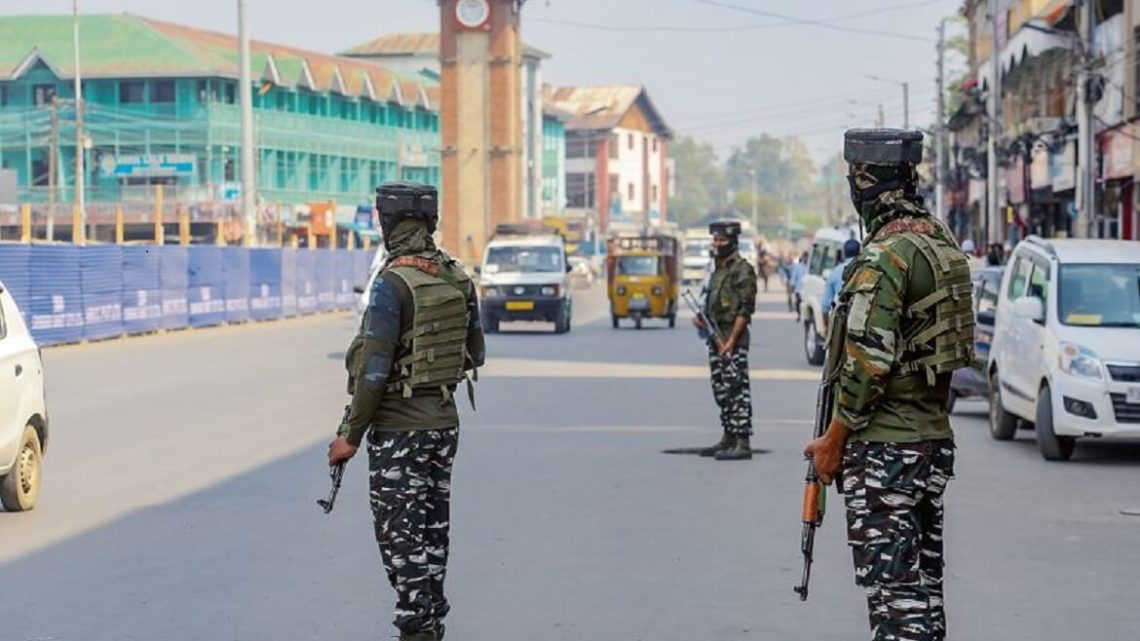
Kashmir Dispute: Hindering Economic Progress in the Region
August 20, 2024 Off By Sharp MediaThe Kashmir conflict between India and Pakistan has long impeded economic development in South Asia. This enduring dispute, persisting since 1947, poses significant challenges to regional economic stability and growth.
The strained relationship between India and Pakistan directly impacts economic dynamics in the region. Potential growth from collaboration is stifled by persistent hostility and trade restrictions. These barriers limit the flow of goods, services, and investments, slowing economic advancement.
The South Asian Association for Regional Cooperation (SAARC) aims to boost regional integration, but the Kashmir issue undermines its effectiveness. Political tensions between India and Pakistan delay or obstruct key initiatives like SAFTA and regional connectivity projects.
Cross-border trade across the Line of Control (LoC) in Kashmir holds potential to strengthen local economies and foster trust. However, the ongoing conflict frequently disrupts trade, leading to economic losses and increased informal trade.
Resources are diverted from development to defense due to the Kashmir dispute. Significant portions of national budgets in both India and Pakistan are allocated to military expenses.
Escalations in the conflict, such as the February 2019 Pulwama attack and subsequent airstrikes, disrupt economic stability. Such events undermine investor confidence, impact tourism, and deter foreign investment, further slowing economic growth.
The Kashmir conflict creates a climate of mistrust that hampers broader regional cooperation. It complicates large-scale projects like energy sharing and transportation networks and affects forums like BIMSTEC by forcing other countries to take sides.
South Asia’s immense economic potential, driven by a large population and diverse resources, remains underutilized due to the Kashmir dispute. Key regional projects, such as transnational pipelines, face delays or cancellations because of ongoing political instability.
Pakistan has made efforts to resolve the conflict through dialogue and goodwill gestures, such as releasing Wing Commander Abhinandan in 2019. Despite these efforts, India’s resistance often hinders significant progress toward resolution.
To conclude, the Kashmir dispute remains a major barrier to economic collaboration in South Asia. Effective resolution or management of the conflict could unlock significant economic opportunities and benefit the entire region.

